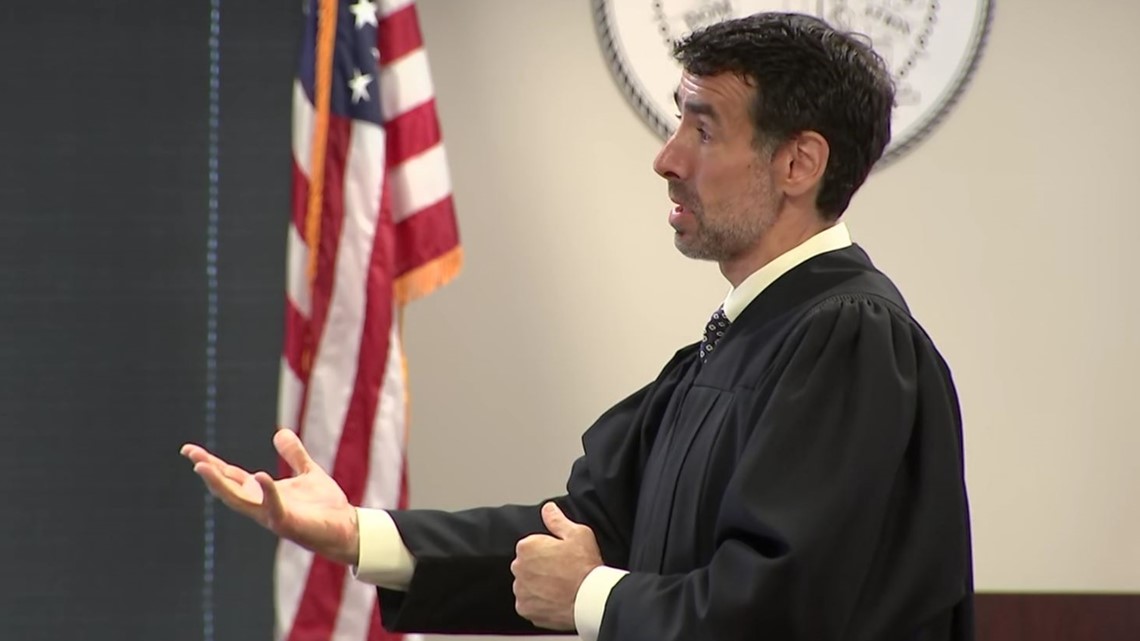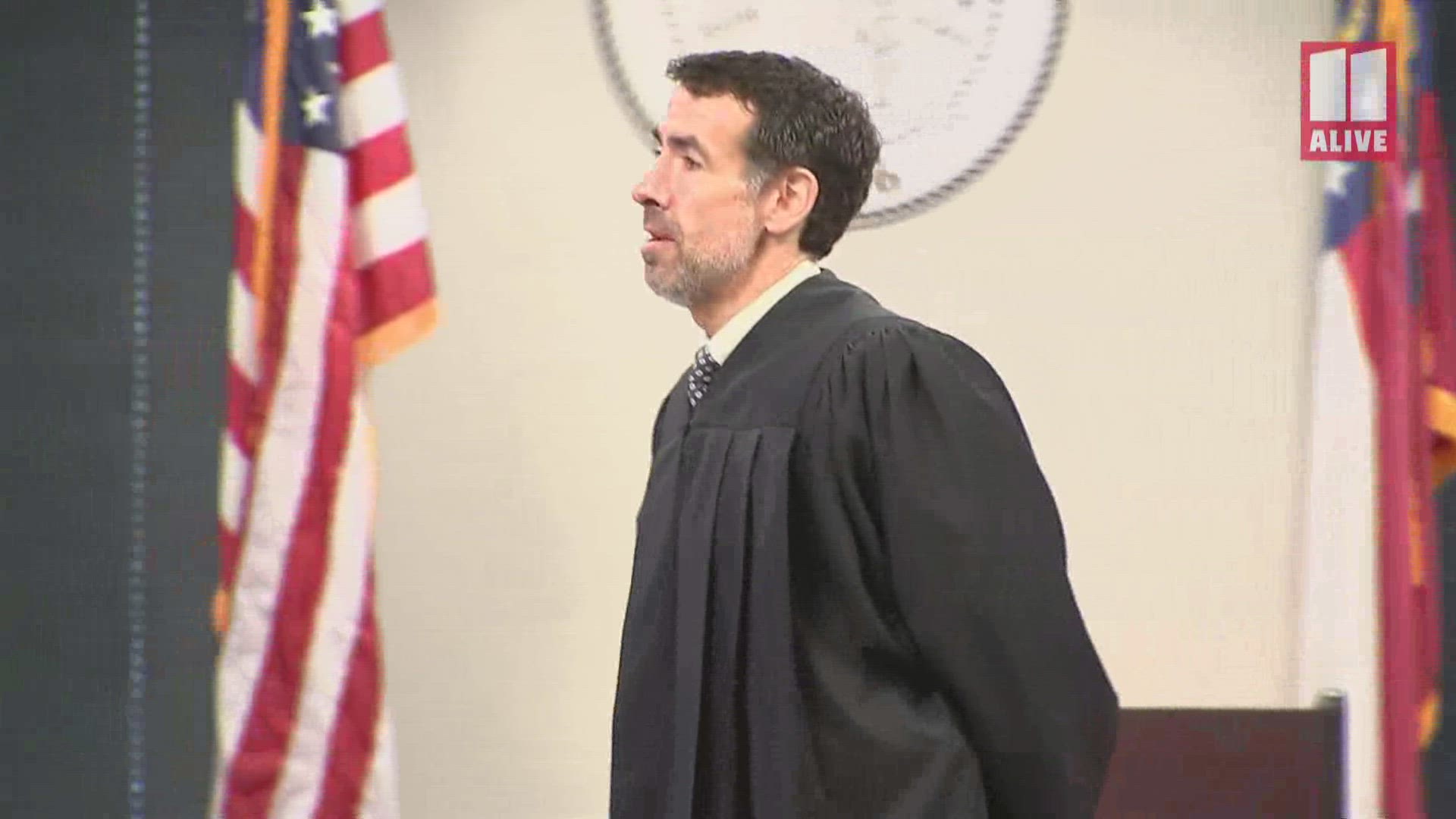ATLANTA — The grand jury selection process for the next term is underway in Fulton County - normally a fairly ordinary proceeding, this time magnified by the expectation one of the two grand juries to be selected will hear the possible 2020 election case against former President Donald Trump and his allies.
The process will ultimately select likely more than 50 people - 23 to each grand jury, plus alternates - out of which a group will decide, based on the case Fulton DA Fani Willis brings, whether to indict the former president or any of his associates for possible crimes in interfering in Georgia's 2020 election.
The term will run from today, July 11, until Sept. 1. Willis has signaled she expects a charging decision in the Trump investigation during this period.
RELATED: Fulton County will seat new grand juries — and they could indict Trump over Georgia's 2020 election
She previously told 11Alive that July 17 is the earliest a Fulton County grand jury could hear evidence related to the Trump investigation. She also blocked off much of August for her and her team to work remotely, asking judges not to schedule trials or in-person hearings from Aug. 7 to Aug. 14.
Grand jury selection sets in motion the final phase of the long-running legal process for Trump and his allies in Fulton County, roughly 18 months after Willis impaneled a special purpose grand jury to investigate efforts to overturn Georgia's election results in 2020.
Fulton County grand jury selection process
Judge Robert C.I. McBurney oversaw the outset of the process Tuesday morning.
He explained several elements of the process to Fulton County residents who appeared for jury duty, and who will potentially become the grand jurors in this case. You can watch that video of McBurney's introduction in the video player above.


Judge McBurney explained that the grand jury is impaneled for two months, meeting two days a week. Grand Jury A and Grand Jury B will meet on different days of the week, and it is unknown which one might hear the Trump case.
He also noted a day at court may not be a full 9-5 style commitment - the process ebbs and flows.
The judge explained that many people who have obligations nonetheless will not qualify for a hardship excuse, as the grand jury process is designed to be flexible - all 23 members of the grand jury do not have to be present for cases to be heard.
"The fact that you know you can't be here for a week in August or there are a few days in July where you've got a business trip or vacation - that's okay, that's not a hardship," he said. "And the way we structure this with alternates, we can accommodate that. There is, again, no expectation that you will be here every day of this term of service."
"I don't mean to sugar coat it - it is a commitment of time, it is public service," he added.
The members of the grand jury will hear cases from the prosecution side and simply determine if probable cause is warranted to send the case to court. They vote on whether to return a "true bill" of indictment or "no bill."
If the majority vote for a "true bill," then you have yourself a court case.
The process is, unlike a trial, one-sided; grand jurors only hear from the prosecution, because their determination is far more limited than the guilt-or-innocence decision a trial jury makes. They simply decide if there's enough evidence of a crime for there to be a trial.
"You are a check to make sure folks aren't getting brought into court for trial simply because that's what the district attorney wants to do," McBurney explained.
Grand jurors were also introduced Tuesday to DA Willis and her team of two.
After that, Judge McBurney took role and began hearing hardships.
11Alive's Nick Wooten is at court, estimating near 100 potential jurors, of whom about 20 claimed hardships.
Grand jury selection would set in motion the final phase

